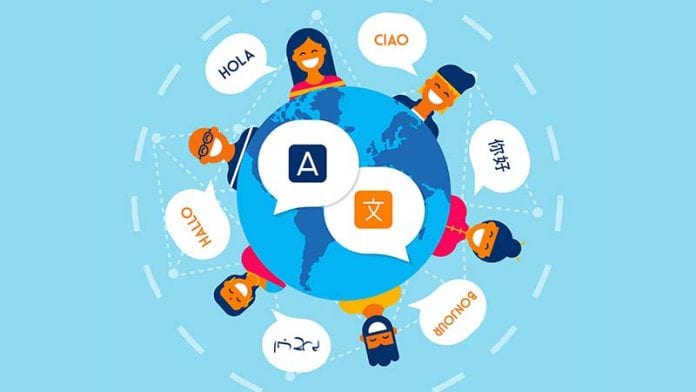What if I told you that learning Arabic will not only allow you to visit the pyramids in Egypt, but it can also make you smarter? Sound too good to be true? Well, according to researchers who study the acquisition of foreign languages and their effects on the brain, speaking two or more languages has many beneficial effects on the cognitive process of your brain.

The cognitive process is how your brain obtains information and understanding through your thoughts, your experiences, and your five senses and includes many aspects such as focusing attention, knowledge formation, understanding, working memory, decision making, reasoning, and production of language, to name a few. Research has shown that, in people who speak two or more languages, the cognitive process is enhanced as the brains of bilingual people learn to operate differently than the brains of those who speak only one language, and these differences present many mental benefits. Here are just a few of them:
You Become Smarter
If you’re studying Arabic, chances are you score higher on standardized tests than your colleagues who only speak one language. This is because speaking Arabic improves the way your brain functions by challenging it to identify, negotiate meaning, and communicate in different language structures. As a result, this skill enhances your problem solving of other tasks as well, specifically in subjects such as math, reading, and vocabulary.
You Become a Master at Multitasking

Although multilingual children are generally better skilled at multitasking because of their ability to juggle between Arabic and English, it really doesn’t matter what age you start learning a second language before you start to reap the benefits of being able to multitask. For example, a Pennsylvania State University study had adult participants do several different tasks while using a driving simulator at the same time and found that people who spoke more than one language made fewer errors while driving than their monolingual peers did.
You Remember More
Do you remember how your grade-school teachers used to tell you that your brain is a muscle? Well, by learning Arabic, you exercise your brain muscles like Rocky Balboa preparing for a title match. You see, learning Arabic involves memorizing rules and vocabulary, and this helps strengthen and improve your overall memory, making you better at remembering things like shopping lists, names, and directions.

You Become Very Perceptive
According to a study conducted at the Spain’s University of Pompeu Fabra, people who speak more than one language are better at observing what’s going on around them. Not only are they better at targeting relevant information and weeding out what’s irrelevant, they can also spot information that may be misleading.
You Put Alzheimer’s and Dementia on Hold
Multiple studies have been conducted on the effects of being bilingual or multilingual and its effects on Alzheimer’s and dementia. The results of these studies remain consistent: while the onset of Alzheimer’s and dementia starts around the age of 71.5 for monolinguals, bi- and multilingual people can put the onset of these diseases on hold until the average age of 75.5.
It is important to note that many of these benefits are only reaped by people who speak multiple languages like English and Arabic regularly, so if you haven’t spoken a foreign tongue since high school, what are you waiting for? You’re never too old to learn and take advantage of the benefits of being bilingual.
If you would like to reap these benefits by learning the Arabic language, visit kaleela.com where you can not only find out more about Arab culture and learn Arabic language, you can also download the new Arabic language learning app – one of the best language learning apps available today that can help boost your thinking by learning to speak Arabic and improve your writing skills.









